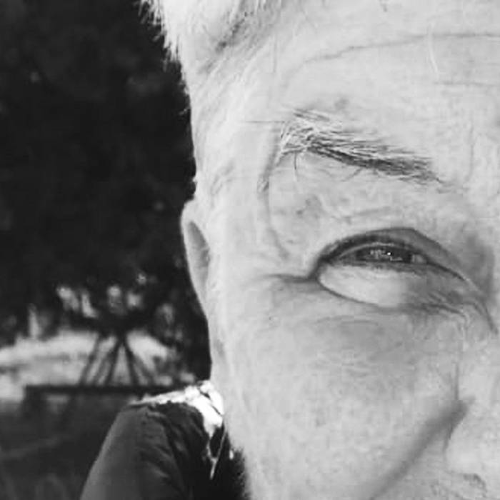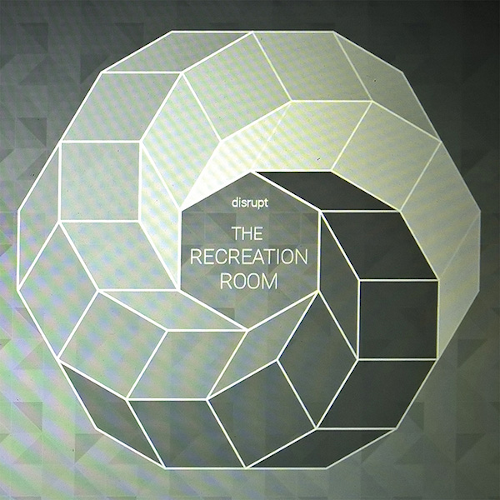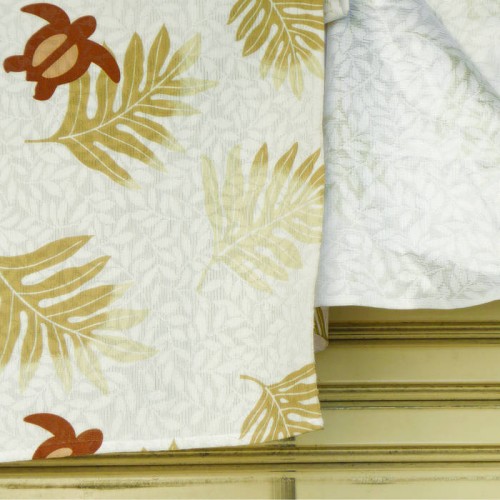 French composer and musician Denis Frajerman has been on the scene for many years, starting out with Palo Alto and spreading himself further in a more contemporary classical direction. His latest release however found him initially sending a glance backwards and considering a single long-form piece paying homage to the more progressive European ideas of the early 1970s.
French composer and musician Denis Frajerman has been on the scene for many years, starting out with Palo Alto and spreading himself further in a more contemporary classical direction. His latest release however found him initially sending a glance backwards and considering a single long-form piece paying homage to the more progressive European ideas of the early 1970s.
There is something ritualistic about the slow swell of bells and percussion in the first section. The electronic wind hovers in the shade, assessing, as sepulchral organ tones almost devotional in nature, are teased out against metallic rhythms; and although they come from different directions, the tribal metal, the organ and the drone hold a certain organic quality. It moves in waves, adding and removing tension and pressure. After a period of time, a melody of sorts emerges; but the shadowy cloistered vibe continues as the metal peals around it.
There is something welcoming and rather comforting in the combination, but they are not afraid to let things drop away and just allow the wind carry the listener for a while as the duo regroups. Even when momentum is briefly foresworn, there is still delight in the array of percussive textural details and there is absolutely no repetition as the piece constantly evolves; and even as the organ takes on Hammer House Of Horror hues, it never descends into dread.
A repetitive rolling selection emerges from some dark staccato notes, but it keeps changing focus like a musical kaleidoscope. A hugely dramatic flourish and insistent minor key motifs really help gather momentum. It is a very different feel to the previous section, with the piano eventually heading in a more neo-classical direction. It feels like a series of etudes set to some ancient ideas that help to ground us. You can almost sense their minds working, trying to decide in which direction to go next.
Paysages Du Temps is an album of adventure and intrigue; a constantly changing spectacle that matches ideas and textures in a timeless fashion. Thoroughly recommended.-Mr Olivetti-



